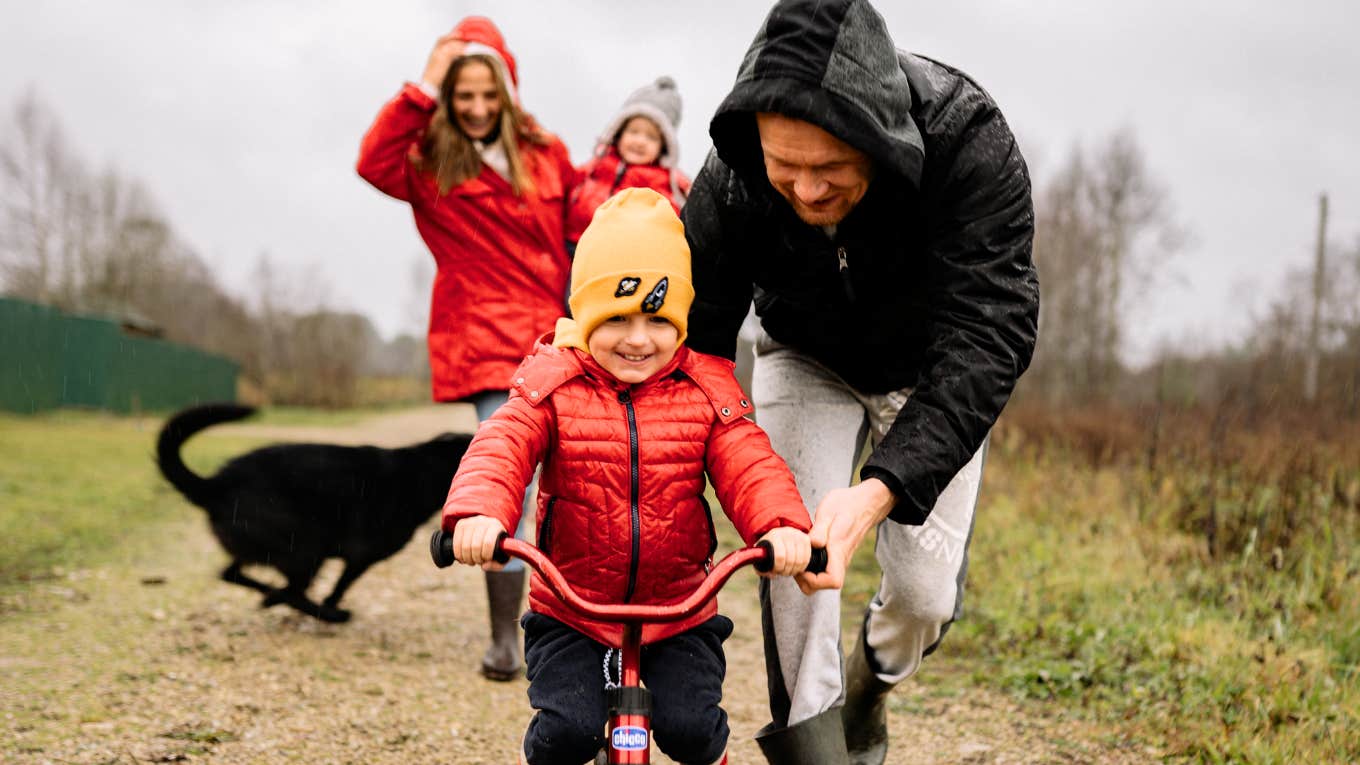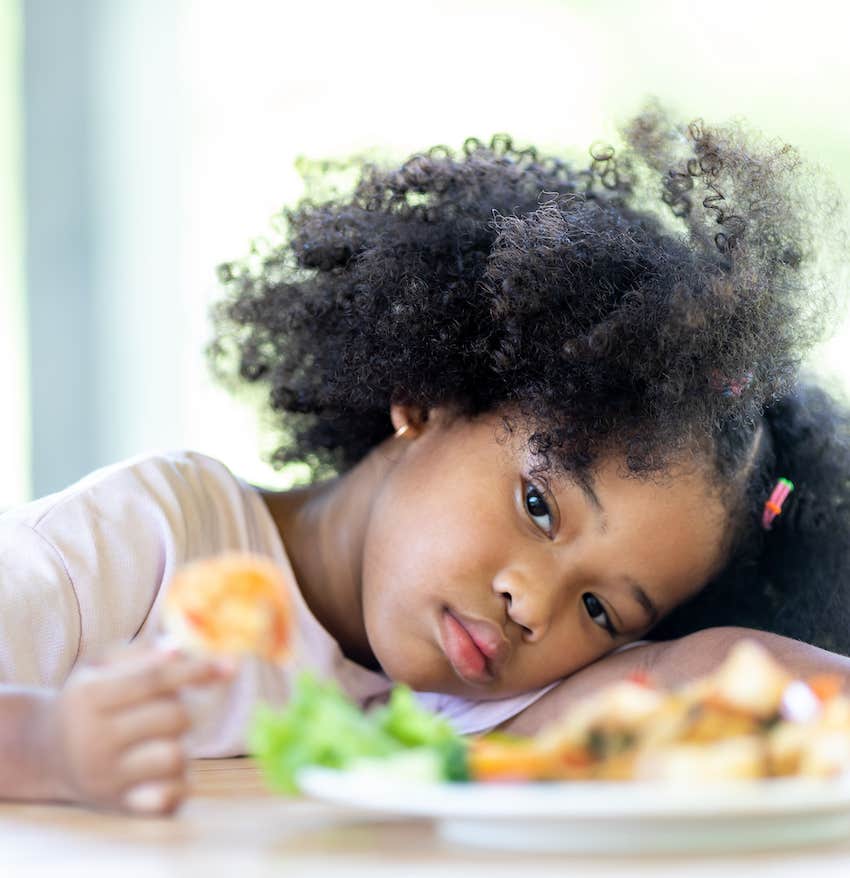Helicopter Parents Who Raise Mentally Weak Kids Do These 11 Things
Kids need to discover failure for life success.
 Yan Krukau | Canva
Yan Krukau | Canva There are a lot of different parenting styles out there — from attachment parenting to free-range — but one particular style seems to be under fire consistently: helicopter parenting.
There's a fine line between being helpful and guiding your child through life and doing way too much for your kids. However, every parent is entitled to their unique way of parenting — but often helicopter parents do things that inadvertently result in mentally weak kids.
Helicopter parents who raise mentally weak kids do these things:
1. Endlessly fuss over their child's outerwear
"Make sure you zip up! Yup, all the way to the neck. And gloves, hat, and scarf please — it will be, like, 60 degrees."
"When we jump in and do too much for our kids, we are effectively telling them we don't think they can handle it themselves, they aren't capable, and they need help, advised life coach Leslie Ferris. "This undermines their confidence, and they won't feel empowered to stand on their own two feet later on."
2. Cover their child in head-to-toe sunscreen at the sun's first little peek through the clouds
And if you can see any of their skin beneath the thick, white paste, it's time to reapply — there's no such thing as being too prepared.
3. Encourage their child to eat in between literally every bite of food
 Russamee via Shutterstock
Russamee via Shutterstock
A study in Physiology & Behavior Journal demonstrated the negative impact of a parent believing "I Gotta get them thinking about that next bite as soon as the fork comes out of their mouth or they might never figure it out on their own."
4. Put their kid on a leash in the mall
Or on vacation, or in any situation where the crowd is more than a few people. But it's one of those cute monkey backpacks with a leash, so it's OK.
5. Take over as teacher at classes and sports games
You've never done ballet a day in your life but you'd best believe you know more about what's good for your child in terms of their dancing career than their ballet teacher does.
6. Shout if their kid wanders more than three feet away
"Hey little guy, where do you think you're going?!"
7. Follow their kid around on the playground
You offer them a hand as they cross the bridges, and run around like a perpetually frantic person so as not to miss the sight of them at all times. As a parent, you might worry at every moment your child will get hurt, but psychotherapist Zoe Shaw explained how this can be harmful.
"The truth is that kids need to feel pain (yes, pain) and disappointment and frustration to grow and mature. I know it hurts to watch our children muddle through some difficult situations. Maybe we're also really protecting ourselves from that pain as much as we're trying to protect our children," Shaw said.
"Our job as parents is not to prevent them from pain, but rather to be there and sit with them in their pain and encourage, teach, and hug them through these critical life lessons."
8. Continuously yell out directives no matter where they are
 Nicoleta Ionescu
Nicoleta Ionescu
"Watch out!" "Be careful!" "Don't do that!" "Get off of that!"
9. Trail their kid at all times with an endless stream of hand sanitizer
"I don't care if you only touched your hair, everything has germs."
10. Call their child's teacher every day just to check in
You've become "that parent," but hey, at least you know what's going on with your child's education, right? Maybe just lay off doing their homework for them. Being overly concerned about every possible failure does not benefit a child, explained family coach Kathryn Brown Ramsperger.
"Overcoming failure helps our children increase their self-esteem, risk-taking, self-confidence, and optimism, which fortifies them to better face life's inevitable challenges," Ramsperger said. "Their stress and anxiety decrease as they learn to stop fearing failure and, instead, learn from it and try harder and smarter the next time."
11. Run to their child the second the kid gets hurt
You want your child to feel super protected and make sure you're there to kiss every boo-boo, no matter how old they are.
Alessia Santoro is a senior SEO editor at PopSugar.

